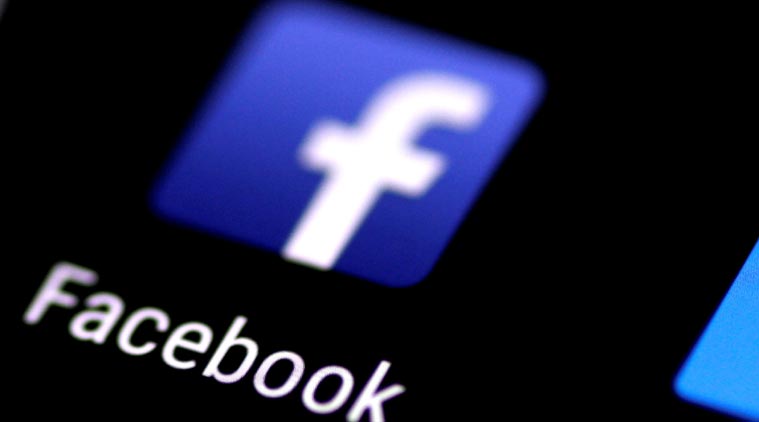
One writer gives their take on the Facebook controversy, and let’s face it. If you haven’t left the platform, you might find as much value in it as they do.
I’m gonna start with a controversial statement: Facebook saved my life.
If you think that’s an exaggeration, brace yourselves. I could talk about my political awakening through reading stuff and connecting with people on Facebook, or many of the other memorable moments I had with the site (some I’d like to very much forget). However, this story should wake you up to how valuable the site can be.
Back in December, after the Republicans passed their tax bill, my anger at the issue gave way to despair and depression. I have depressive episodes off and on, completely unpredictable and overwhelming depending on the situation. Two months after I came the closest to actually committing suicide, I was laying in my bed, unable to move because the effort was too great. Let me repeat that: my depression was so bad, it was physically hard to move. I called in from work because it was so bad. Every opportunity to talk carried the risk of a meltdown. I felt powerless and hopeless.
That’s where Facebook saved me. I reached out to everyone I could to help me get to the hospital I go to in an effort to get counseling, and possibly help with my laundry. By that time, I hadn’t secured counseling in over a year and my mental health deteriorated over the course of that year starting in May. Through the coordinated efforts of friends helping me out, not only was I able to make it out of the house safely but on that day, I managed to secure counseling again and it literally changed my life around. My mental health progress isn’t perfect, but it’s far better than what it used to be. If it wasn’t for Facebook, I don’t know what would’ve become of me.
This story deserves to be told to provide context as to why this Cambridge Analytica story is so appalling.
Now the Federal Trade Commission is getting involved, claiming Facebook violated a consent decree and thus opening it to fines. The problem is that the fine for each violation is $40,000. Given that there are 50 million people who had their data shared with CA, the fines amount to $2 trillion. To put that into perspective, that’s more than the entire GDP of Italy. Will that actually come to fruition? In all probability, no. But the fact that this is the largest amount should leave you horrified at the idea of Facebook being wiped out of existence through exorbitant fines.
Here’s the problem with that. If this was applied across the board, this could be an acceptable practice. Except it’s not. There are two staggering instances where mishandling of private information without consent scream out to be recognized.
Basically, if the government cared about private data being handled without consent, the intelligence community wouldn’t exist. The FBI, the CIA, and the NSA have all had egregious instances where they infringed on the privacy of citizens, and yet they still carry on without a hitch. So this action against Facebook might have more to do with the fact that Facebook is private and those were government agencies.
Except the government is inconsistent even on this front. Following the Equifax scandal, it was reported that several people sold part of their shares before the news of the data breach was made public, though they claim that they didn’t know about the breach when they sold their shares. Equifax may have actually dodged a bullet by avoiding severe criminal charges, but they’re also facing an FTC investigation, albeit with little details about what the consequences are.
And while there’s been movement to delete Facebook accounts, such as the call from the founder of WhatsApp, there are other reasons to resist the call. One is that because of Facebook’s ubiquity, it should be regulated rather than done away with. One is that Facebook has been far too important to Native Americans to be deleted. One is that there should even be a new government agency to deal with digital protection. So the effort to delete Facebook isn’t shared by everyone.
There’s one more element that needs to be talked about. It turns out that the Obama campaign ALSO used methods such as Facebook to accrue data for their political gain. While there are differences from Cambridge Analytica’s doings, is there one overriding difference out of all of this? Perhaps the difference is that of Obama and Trump. Had Trump not won, would this still be as big a deal? Or would it still be a big deal but with the air that we would’ve relatively “dodged a bullet” because Hillary Clinton was elected?
No matter the circumstances, this attack against Facebook is perhaps justified in the abstract because of the series of events. But deleting Facebook isn’t the answer. If it saved my life, it will undoubtedly save many others.


More Stories
A Change in Tactics?
Injustice Should NOT Begat Injustice!
The Need For Teamwork